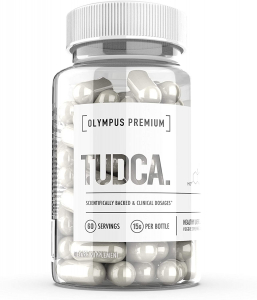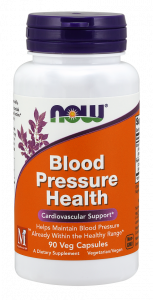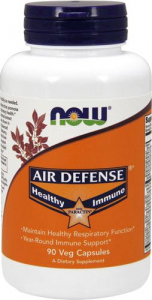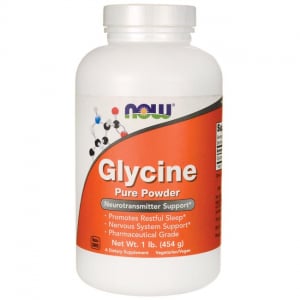- Descriere
- Review-uri (0)
Factors Affecting Eye Health
AGE
Age can take a toll on our eye health. Over 2 million individuals of all races in the US have age-related concerns about their eye health. These numbers are projected to continue to grow over the next 20-30 years.3
BLUE LIGHT
LED devices such as televisions, computers, smartphones, tablets, and video game consoles emit high amounts of the high energy blue light. Blue light may cause oxidative stress and even free radical damage to the eyes. Plus, staring at a computer all day can be tiring for your eyes, and the more you work on a computer, the more your eyes can be affected. It is reported the average American has over ten hours of screen time each day.4
OXIDATIVE STRESS
Even when we are at rest, our cells and organs are busy performing functions to keep us going. These processes can create free radicals which are unstable compounds. If free radicals are left unchecked, they can lead to oxidative stress and the premature aging of cells. Since the cells in our eyes are constantly busy receiving visual inputs and sending signals to the brain, they can naturally generate a lot of free radicals. Things like smoking and sun exposure can further exacerbate free radical production and make it more difficult for your body to fight free radicals.
Foods to Promote Healthy Eyes
Eating a healthy diet with a wide variety of food from all the food groups will help ensure you are getting adequate nutrients to nourish your eyes. Important nutrients to include in your diet to help maintain eye health are vitamin A and its precursors like beta-carotene, as well as the carotenoids lutein and zeaxanthin. Vitamin A is found in foods like liver and fish liver oils, egg yolks and whole milk.
Beta-carotene is found in colorful plant-based foods including carrots, sweet potatoes, and leafy green vegetables. Leafy green vegetables provide lutein as well, and zeaxanthin can be found in orange-colored plant-based foods like orange peppers, corn, and mangoes.
Supplement Facts |
|
| Serving Size 1 Softgel | |
| Amount Per Serving | % Daily Value |
| Vitamin A (as 100% Beta-Carotene) 3,000 mcg 333% | |
Other Ingredients: Soybean Oil, Gelatin, Vegetable Glycerin, Vegetable Oil, Yellow Beeswax, Soy Lecithin. Contains soy ingredients.
WARNING: If you are pregnant, nursing, taking any medications or have any medical condition, consult your doctor before use. Discontinue use and consult your doctor if any adverse reactions occur. Keep out of reach of children. Store at room temperature. Do not use if seal under cap is broken or missing.

![Puritan`s Pride Beta Carotene 3.000 mg (10.000 IU) 100 softgels [1] Puritan`s Pride Beta Carotene 3.000 mg (10.000 IU) 100 softgels [1]](https://gomagcdn.ro/domains/proteinemag.ro/files/product/large/puritan-s-pride-beta-carotene-3-000-mg-10-000-iu-100-softgels-proteinemag-5686-7984.jpg)
![Puritan`s Pride Beta Carotene 3.000 mg (10.000 IU) 100 softgels [2] Puritan`s Pride Beta Carotene 3.000 mg (10.000 IU) 100 softgels [2]](https://gomagcdn.ro/domains/proteinemag.ro/files/product/large/puritan-s-pride-beta-carotene-3-000-mg-10-000-iu-100-softgels-tabel-de-ingrediente-proteinemag-5686-2923.jpg)
![Puritan`s Pride Beta Carotene 3.000 mg (10.000 IU) 100 softgels [0] Puritan`s Pride Beta Carotene 3.000 mg (10.000 IU) 100 softgels [0]](https://gomagcdn.ro/domains/proteinemag.ro/files/product/medium/puritan-s-pride-beta-carotene-3-000-mg-10-000-iu-100-softgels-proteinemag-5686-7984.jpg)
![Puritan`s Pride Beta Carotene 3.000 mg (10.000 IU) 100 softgels [1] Puritan`s Pride Beta Carotene 3.000 mg (10.000 IU) 100 softgels [1]](https://gomagcdn.ro/domains/proteinemag.ro/files/product/medium/puritan-s-pride-beta-carotene-3-000-mg-10-000-iu-100-softgels-tabel-de-ingrediente-proteinemag-5686-2923.jpg)














